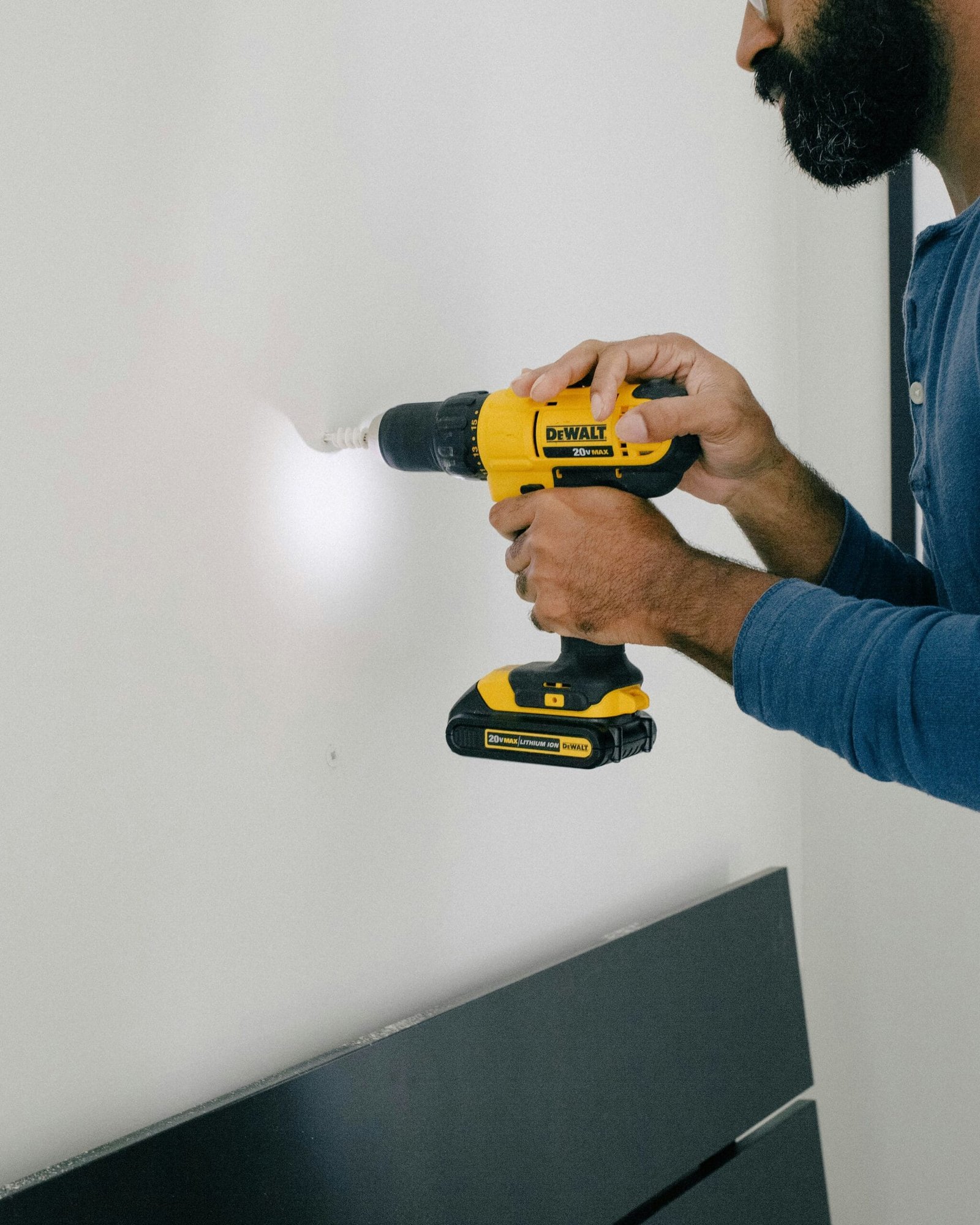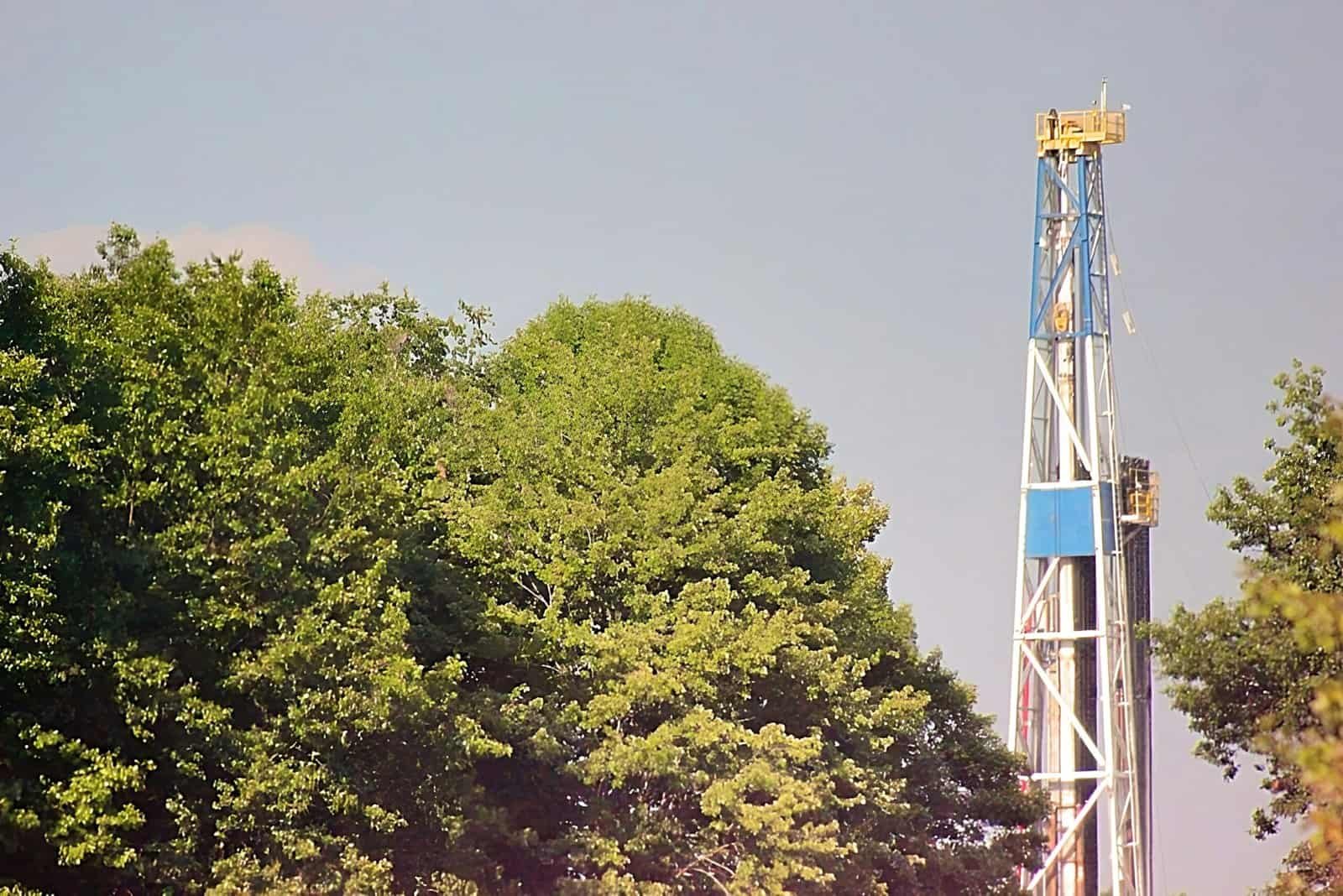Have you ever wondered if you need a permit to drill a well on your property? This question might have crossed your mind when thinking about ways to obtain a personal and reliable water source. Water is a vital resource, and having direct access on your own land could seem like a tempting idea. However, before starting a project to drill a well, it’s essential to understand the legal requirements and responsibilities involved.

Understanding Well Drilling Permits
Drilling a well isn’t as simple as just starting up the machinery. A key question is whether you need permission from local authorities, and this is where drilling permits come into play.
What is a Well Drilling Permit?
A well drilling permit is a legal authorization issued by relevant government or local authorities that allows you to drill a well on your property. This document is crucial because it ensures that your desires align with local environmental regulations and that your actions do not negatively impact the surrounding community or ecosystem.
Why Are Permits Required?
Permits are required to ensure water safety, environmental protection, and to manage water resources sustainably. They are in place to prevent contamination of groundwater sources, to verify that well construction meets safety and efficiency standards, and to manage the usage of water resources responsibly to avoid the depletion of the local water table.
Factors Determining Permit Requirements
Do you need a permit, or can you proceed without one? This depends on several factors that vary by state or region.
Location Regulations
Your location significantly impacts whether or not you need a permit. Different states and regions have unique regulations regarding well drilling. For instance, densely populated areas may have stricter regulations compared to rural locations due to the potential environmental impact.
Well Type and Usage
The purpose of the well also determines the necessity of a permit. Various types of wells serve different purposes such as residential use, agricultural irrigation, or industrial use. Residential water wells are often subject to different rules than agricultural wells, mainly due to differences in expected water usage volume.
Depth and Size of the Well
The depth and expected yield of a well can influence whether a permit is required. Deeper wells are more likely to affect shared underground water supplies and therefore may be under stricter regulatory oversight.
The Application Process for a Well Drilling Permit
If you find out you need a permit, understanding the application process can seem daunting, but breaking it down into steps can help keep it manageable.
Research Local Regulations
The first step is research. Contact your local government office or water management department to get detailed information on requirements specific to your area. Websites of state environmental agencies are also an excellent resource for initial research.
Required Documentation
Before applying, gather all necessary documentation. This may include property deeds, site plans, intended use declarations, and technical specifications for the well. Ensure all documents are current and accurate to avoid delays.
Submitting Your Application
Once you have your documents ready, you’ll need to submit your application to the relevant authority. This usually involves filling out forms either online or in person at a local municipal office. Be prepared to pay a processing fee, which can vary depending on your location and the scope of your project.
The Review and Approval Process
After submission, the application will be reviewed to ensure it meets all legal and environmental requirements. This step might include inspections or consultations with experts. The review period can range from a few weeks to several months.
Possible Challenges in Obtaining a Permit
The process might not always be smooth sailing. There can be several roadblocks on your journey to securing a permit.
Environmental Concerns
One significant challenge could be if your property is located in an environmentally sensitive area, such as near wetlands or protected habitats. These zones often have strict regulations to prevent ecosystem disruption.
Legal and Zoning Issues
Land use and zoning laws can also present challenges. If your area is primarily zoned for residential use, you may need special permission to drill a well that serves non-domestic purposes, such as irrigation.
Technical and Geological Challenges
Geological surveys could reveal technical issues, such as the unsuitability of your land for a well due to rock formations or unstable ground. Overcoming these hurdles might require specialized drilling techniques, which can add complexity and cost to your project.

Costs Associated With Well Drilling
Understanding the financial aspect of well drilling is crucial in planning your project effectively.
Cost of the Permit
Permit fees can vary widely, ranging from a nominal charge to a substantial payment. The cost often depends on the well’s intended use, depth, and location.
Drilling Costs
Drilling costs must also be considered, which can be influenced by several factors including the depth of the well, the terrain, and the drilling technology used. It’s advisable to get multiple quotes from professional drilling companies to compare prices and services.
| Expense Type | Typical Cost Range |
|---|---|
| Permit Fees | $50 – $500+ |
| Drilling Costs | $1,500 – $15,000+ |
| Testing and Inspection | $300 – $1,000+ |
Maintenance and Operational Costs
Ongoing maintenance is another cost factor, including periodic inspections, water quality testing, and potential repairs or upgrades to the well system over its operational lifetime.
Potential Consequences of Drilling Without a Permit
While you might be tempted to skip the permit process to save time and money, it’s essential to consider the potential repercussions.
Legal Penalties
Drilling a well without the necessary permits can result in significant legal penalties, including fines, legal actions, and orders to cease operations or even to dismantle the well at your expense.
Environmental Risks
Unpermitted wells can pose significant environmental risks, including contamination of groundwater sources and depletion of water tables. These actions can have long-term negative impacts on the environment and community water sources.
Property Value Impact
A well drilled without proper authorization can affect the resale value of your property. Future buyers might be cautious about potential legal and environmental liabilities, potentially reducing the property’s attractiveness in the market.

Alternative Water Solutions
If obtaining a permit seems particularly challenging, or if well drilling isn’t feasible, there are alternative solutions for securing your water needs.
Rainwater Harvesting
Collecting rainwater can be an effective way to gather water for non-potable uses such as irrigation and landscaping. Depending on your local regulations, rainwater systems might not require the same permitting complexities as well drilling.
Municipal Water Connections
Connecting to your area’s municipal water supply is another option. While potentially costly in the initial setup, it ensures a reliable and regulation-compliant water source.
Water Delivery Services
For properties with limited water needs or those located in areas where neither well drilling nor municipal connections are feasible, water delivery services can be a flexible solution for maintaining necessary water levels.
Conclusion
Determining the necessity of a permit to drill a well on your property involves multiple considerations, from local laws to environmental and technical aspects. Understanding these factors and preparing adequately can help ensure a smooth process. Remember, following the proper channels is crucial to avoid potential legal, environmental, and financial pitfalls. Additionally, exploring alternative water solutions might prove to be a viable and effective means to meet your water needs without navigating the complexities of well drilling. Your journey to securing a sustainable and lawful water source begins with informed choices and diligent compliance with regulations.

